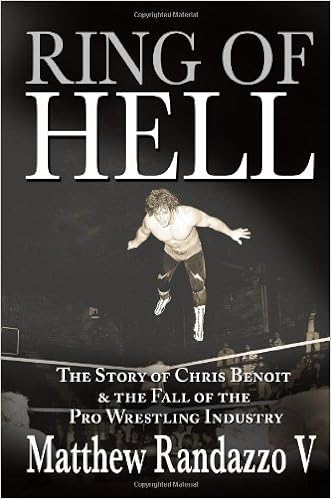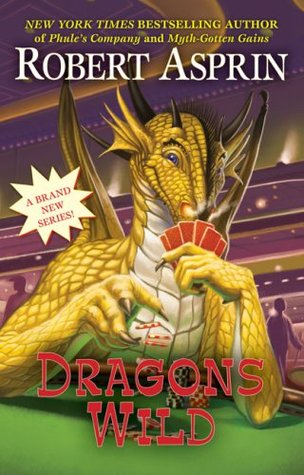I'm so fascinated by the modern ignorance/arrogance of modern thinkers, the idea that we have reached a certain "intelligence" or "rationale" that will help us avoid "collapse"... Which with every passing day in the West becomes clearer, and clearer that it's an incorrect hypothesis. So many modern academics see the world, and human behavior in a Neoliberalism/market driven lens. That we are more rational, superior beings so the throes of ethnicity and social issues won't be a thing anymore.
The want for globalization and market harmony (egalitarianism in general), is so fucking strong that people raised in this current Western global hegemony are almost blind to the idea of ethnic strife etc... Even though human history is just absolutely littered with it.
Also do you have a brief Tl;dr of his take on the Fall of the Western Roman Empire? Going through my readings on Rome now and just curious on his take.
By the way, you just absolutely churn out books. I'm a slacker in comparison.
I am right there with you. It is absolutely astounding how people think we have reached the End of History and that Democracy is the end-all-be-all. They also think that we can explain everything with rationality and logic. But there were very many people in my highschool who were in therapy or took pills. There were even more in my college who abused drugs and alcohol. It is clear that our people are suffering a crisis of the psyche but the rational, modern man thinks that religion and spirituality were just tools used by the elites to control the masses. They reject the very thing that could help them.
Fall of Rome - the reason why Rome was able to rise to such heights was because it engaged in a behavior by which it expended energy and gained treasure. This treasure could then be used to cover another expenditure of energy (a conquest) that would result in another pile of treasure. They did this so many times, plundering the treasuries of the ancient world, that their conquests effectively paid for all matters of State. The people of Rome were not even taxed for a long time!
But then they simply ran into the Theory of Marginal Returns. They ran out of places that were nearby and stuffed with treasure. The places that were stuffed with treasure were too far away to make the trip worth it. So then they 'calcified' into an empire. Now they had to tax their people in order to maintain their institutions and with create more institutions to deal with new problems. Again and again and again they paid for these new institutions by devalueing the money. They devalued to the point where the army was being paid with raw resources and manufactured goods. An Emperor only survived by allying himself with the army, and in effect the Empire became a Mafia.
He goes on to say that the Empire began to cannibalize the very things that made it effective. Taxes were never lowered (or nearly never), because the State had to maintain a large army and several government institutions. But after several wars and a few plagues, the peasant class couldn't keep up their birth-rate. Every time a family fell into poverty they would be thrown into jail, and not even people were being born to cultivate the arable land.
It got so bad with the taxes that when the Germans showed up the peasants would welcome them as liberators.
And those Germanic Kingdoms that superseded Rome were able to fight more effectively against the Huns for a lower cost. This was because they did not have the overbearing amount of complexity that the Roman State had (he does not go into details here).
Hope that was sufficient.
Also I work at a book-store and when no one is in the shop I just read, so I effectively read for 4-5 hours a day.
By the way, I ordered Aion (along with 2 other of Jung's books and one by Mircea Eliade), so I will let you know what I think of it when I finish it.






